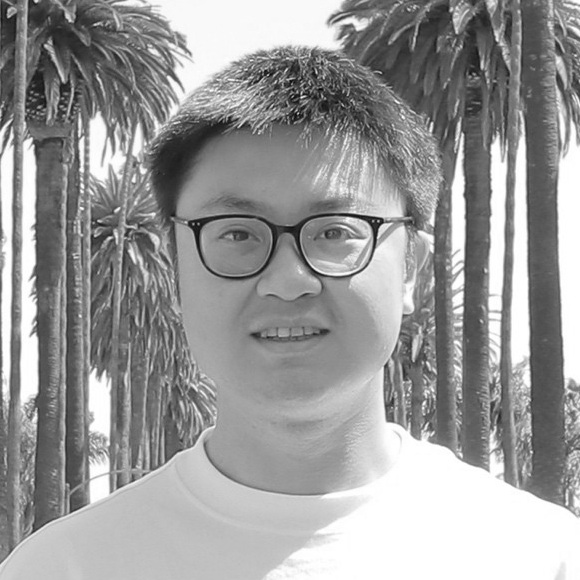On September 15th 2025, Chenyang Zhao from University of Southern California, presented “Mesoscale Perfusion Imaging with pseudo-Continuous Arterial Spin Labeling at Ultra-high Field MRI”.
Insights
Cerebral blood flow measured with arterial spin labeling (ASL) MRI offers noninvasive in vivo assessment of neurovascular functions. Ultrahigh-field 7T MRI makes it possible to measure cerebral perfusion at the mesoscale, with both anatomical and functional detail. However, technical challenges such as B0/B1 inhomogeneities and SAR limits have hindered progress. In my talk, I will present recent developments that overcome these barriers, including optimizations of labeling, a FLASH-based pCASL sequence and reconstruction with non-Cartesian sampling, and further advances of spatiotemporal resolution enabled by the NexGen 7T system. Together, these advances enable robust, whole-brain perfusion imaging at 1 mm resolution and higher. I will highlight validation studies, laminar perfusion images, and future directions for clinical translation of 7T ASL.

Chenyang Zhao
University of Southern California
Chenyang Zhao is a research scientist in Dr. Danny Wang’s Lab at the University of Southern California. Over the past five years, he has specialized in MR physics, sequence programming, and image reconstruction, with a research focus on high-resolution arterial spin labeling (ASL) at 7T.
His work aims to advance laminar perfusion fMRI and facilitate the clinical translation of ultra-high-field perfusion imaging.
